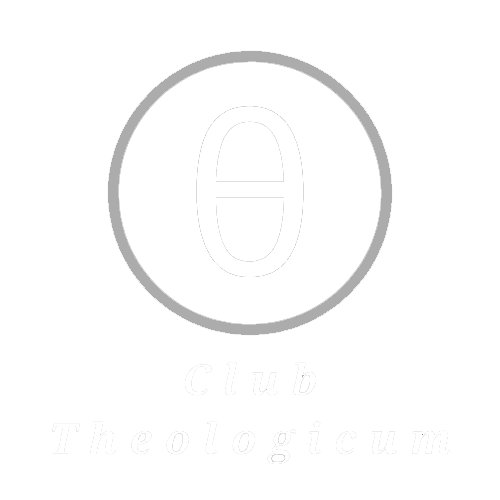italiano qui, français ici, espagnol aqui
Dear Father Augustin Laffay, welcome to the Club Theologicum! When did you begin your work as archivist of the General Curia at Santa Sabina? How is this work going?
I received the position of archivist a year ago, in January 2020. The archivist is the one who files, preserves and communicates documents. In a way, he is the guardian of the memory of a human group: a family, an association, a State… Personally, I am not an archivist by training, but an historian. The historian is the one who manages the archives to give a coherent and truthful account of past events. Compared to an archivist, he is a consumer of archives, not a guardian of these documents. I was called for lack of anything better: I try to reconcile the two functions.
What are the responsibilities of an archivist? And more particularly those of the archivist of the General Curia of the Order of Friars Preachers? The archives conserved at Santa Sabina cover eight centuries of history and pertain to four continents with a very diverse cultural scope. The archivist therefore enjoys a privileged point of view: from the top of the Aventine, he sees the development of the plan of the Order sown like a seed by St. Dominic. At the same time, he has to make the great leap from one language to another, from one culture to another. It is necessary to be interested in what interests those who come knocking at the door of the archives, to pass from the study of a liturgical manuscript of the 13th century to that of a mission in Japan in the 20th century…
What role should literature (especially books) play in the life of every Christian today?
Literature is not only or even primarily a distraction for the evening in times of confinement. Words have a weight, an effectiveness that is well felt when someone makes a declaration of love or delivers threatening words. Insulting a man can be far more painful to him than hitting him physically. If God speaks to men through his prophets and then in his Son, as the Epistle to the Hebrews says, it is because men need to hear—or read—words that enlighten them about their existence, words that are definitive and decisive for them. Literature participates in this role: the human word makes us understand something of the divine Word with which it is never unrelated. I know Christians who have been converted by reading Blaise Pascal or Léon Bloy.

Archives and faith: rediscovering the sources to rediscover one’s adherence to the Catholic faith. In your opinion, is it important for Catholic theology to rediscover its historical roots?
Yes, this is an essential point because God has manifested Himself in history. Christians do not adhere to an idea; they have discovered Someone, the One and Triune God, who made himself known to us in the person of the Son. By forgetting this historical dimension of our faith, the moment when God somehow touched the earth to touch our hearts, we reduce the Christian faith to an ideology among others. In the same way, a Dominican must understand from which rock he was drawn (Is 51:1). He did not give himself religious life: he received it from another who received it from another, and all this brings us back to St. Dominic.
As a Dominican friar, do you think that dialogue with culture is one of the roles of the Order of Preachers? Can culture be an aid to deep contemplation, in the Dominican tradition of “Contemplari et contemplata aliis tradere”?
Sacred Scripture is at once fully the work of the Holy Spirit and that of the sacred writers. They did not invent words: they used the vocabulary of their time, of their culture, to give an account of what God inspired in them. It is an invitation to recognize that Revelation was inserted into one or even several specific cultures. At the same time, Christianity has powerfully fertilized ancient cultures to the point of giving rise to new, unexpected fruits. The Hebrews fled from Egypt and crossed the Red Sea carrying the treasures of the Egyptians, Exodus tells us. And think of what the Gospel inspired: not only the art of icons, of course, but also architecture, literature, painting, sculpture, and film. Western culture is incomprehensible without seeing its roots in Christianity. States that wanted to deny this fact have created the worst totalitarianisms. We need to comprehend and to make known all of this Christian dimension of our culture.
Thank you, fr Gabriele Giordano M. Scardocci OP.
